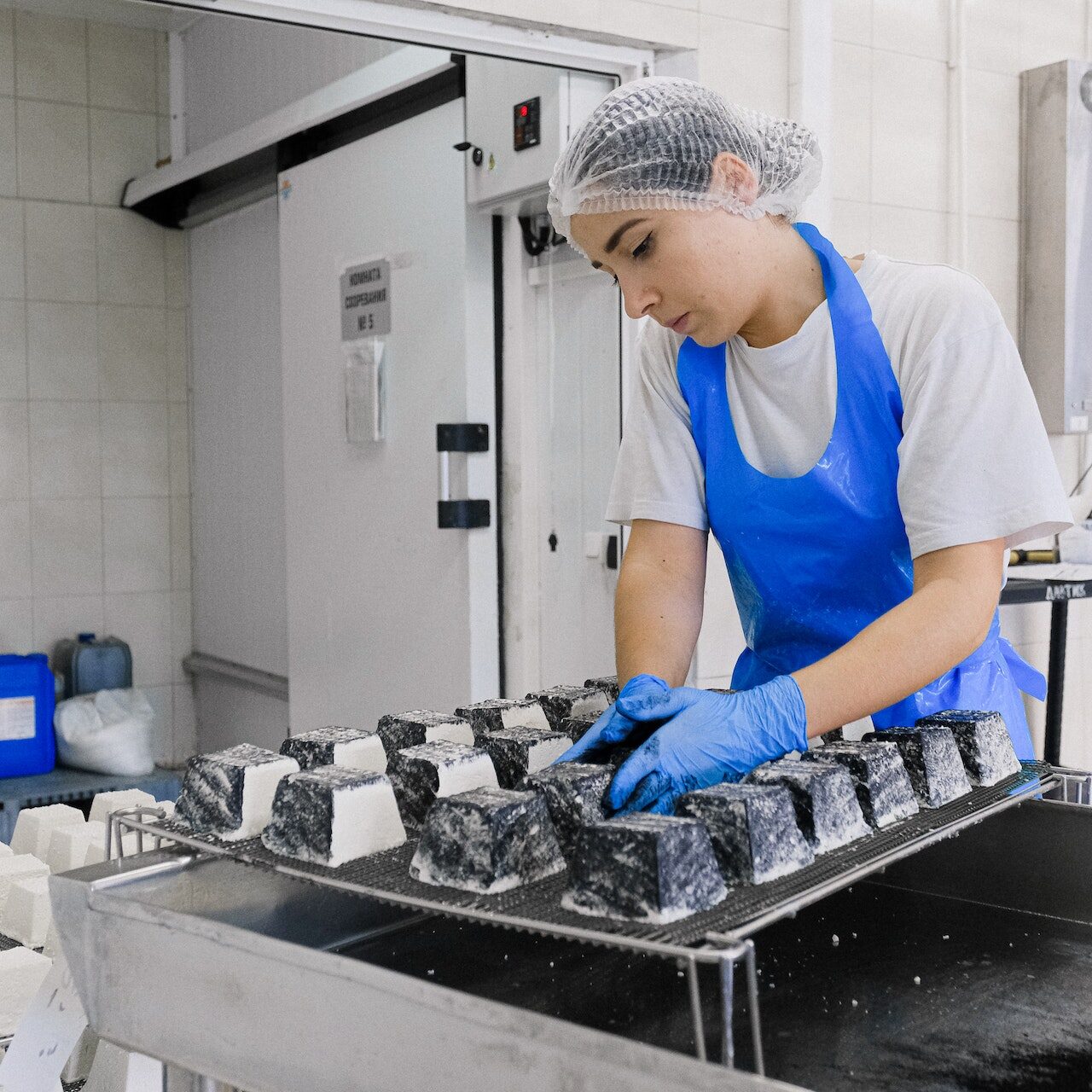Effective Dust and Vapor Extraction Solutions for Industrial Applications
Wiki Article

Ensuring a safe and healthy work environment is paramount in various industrial settings. Debris and vapors, often byproducts of manufacturing processes, can pose significant health risks to workers if not properly managed. Effective dust and fume extraction solutions are vital for mitigating these hazards and creating a safer workplace.
These systems remove airborne contaminants at their source, preventing them from becoming a threat to employee well-being.
- Commercial facilities often utilize specialized extraction machinery tailored to the specific type of the dust and fumes generated. These systems may include local exhaust ventilation (LEV) hoods, cyclones, scrubbers, filters, and ductwork.
- Regular maintenance is crucial for optimal performance and longevity of extraction systems. This includes cleaning filters, inspecting parts, and ensuring proper ventilation.
- Moreover, implementing a comprehensive safety program that includes employee training on risk assessment is essential for minimizing the risks associated with dust and fume exposure.
Ventilation Systems: Ensuring Safe and Compliant Air Quality in Manufacturing
In the demanding environment of manufacturing, maintaining safe and compliant air quality is paramount. Pollutants generated during production processes can pose significant risks to worker health and standards. LEV systems, standing for Local Exhaust Ventilation, play a crucial role in mitigating these hazards by effectively removing harmful airborne substances at their source. By strategically implementing LEV systems tailored to specific manufacturing processes, companies can achieve substantial improvements in air quality, safeguarding worker well-being and achieving regulatory requirements.
- Implementing LEV systems can significantly reduce the concentration of airborne contaminants in the workplace.
- Properly designed LEV systems help to prevent the spread of dust, fumes, and vapors throughout the manufacturing facility.
- Engineers specializing in LEV design can assess specific manufacturing processes to determine the optimal system configuration.
Enhancing Dust Extraction Performance with Modern Technology
Modern manufacturing processes often generate significant amounts of dust. This can pose a hazard to worker safety and negatively impact product quality. To mitigate these problems, optimizing dust extraction performance is crucial. Thankfully, modern technology offers advanced solutions for achieving this goal.
One key advancement is the use of high-efficiency particulate air (HEPA) filters. These filters are designed to capture even the smallest dust particles, providing a higher level of safety. Additionally, advancements in fan technology have led to more powerful and optimized extraction systems.
Additionally, real-time monitoring systems can monitor dust levels in the workspace, allowing for adjustable adjustments to extraction performance. This ensures optimal reduction of dust throughout the entire process.
By integrating these modern technologies, manufacturers can significantly improve dust extraction air ducting suppliers performance, creating a safer and more clean working environment.
Dust Control Strategies for Enhanced Workplace Safety
Implementing comprehensive airborne contaminant mitigation strategies is paramount for ensuring a safe and healthy work environment. Minimize dust generation at its source through proper airflow management systems and engineering controls. Regularly sanitize work surfaces and equipment to prevent dust accumulation. Provide employees with appropriate personal protective equipment, such as respirators, gloves, and safety glasses, to minimize exposure. Implement a comprehensive training program to sensitize workers about the risks of dust and proper control measures. Conduct regular monitoring and inspections to assess potential dust sources and ensure compliance with relevant regulations.
- Regularly inspect ventilation systems for proper functioning.
- Implement moistening techniques for tasks that generate dust particles.
- Maintain a clean and organized workspace.
Understanding LEV Systems: A Guide to Effective Fume Extraction
Leveraging Local Exhaust Ventilation (LEV) systems is crucial for mitigating the risks associated with harmful fumes and contaminants in various work environments. effectively designed and implemented LEV systems extract airborne pollutants at their source, preventing their dispersion into the surrounding atmosphere. This process ensures a healthier and safer working environment for employees while complying with occupational health and safety regulations. Additionally, effective fume extraction contributes to increased productivity by minimizing workplace disruptions caused by poor air quality.
- Comprehensive LEV systems typically consist of several components, including ventilation hoods, ducting, fans, and filters. Each element plays a vital role in the overall functionality of the system.
- Selecting the right type of LEV system depends on factors such as the nature of the fumes generated, the size of the workspace, and local regulations.
- Regular maintenance of LEV systems is essential to guarantee optimal performance and prevent any potential hazards.
Importance of Comprehensive Dust and Fume Extraction Plans
Effective dust and fume extraction is crucial for maintaining a safe and healthy work environment in any industrial setting. Thorough extraction plans are vital to reducing the risks associated with airborne contaminants, which can pose serious health hazards if inhaled or ingested.
A well-designed plan will specify the necessary equipment, installation, and operational procedures to effectively capture and remove dust and fume particles at their source. Additionally, it should incorporate regular inspections to ensure optimal system performance. By implementing comprehensive extraction plans, businesses can significantly reduce the risk of workplace injuries, illnesses, and environmental damage.
Report this wiki page